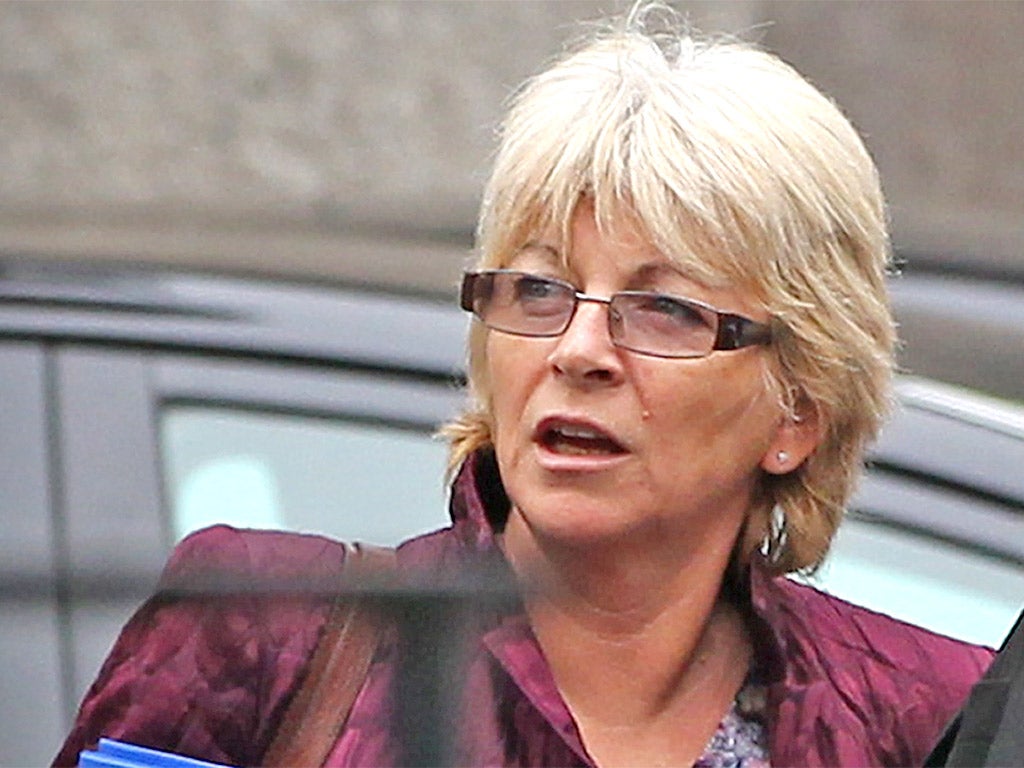Diary: Why phone hackers may want us to read all about it

Journalists and newspaper executives who could face criminal charges over the phone-hacking scandal may be tempted to leak incriminating evidence about themselves so that they can claim later they cannot get a fair trial because any jury will have been prejudiced by too much pre-publicity. That is the warning discreetly tucked away in a polite letter sent to senior parliamentarians from the Attorney General, Dominic Grieve.
One newspaper – not this one – had a scoop when it published an account of a conversation alleged to have taken place between a News International executive and a senior journalist. This leak, which may have come from an MP, set off alarm bells at Scotland Yard, because – Deputy Commissioner Sue Akers, the officer in charge of the phone-hacking investigation, claims – the information was "of critical importance" to the police inquiry and was not supposed to be made public.
She complained to the Attorney General who has written to John Whittingdale and Keith Vaz, chairmen of the Commons Culture and Home Affairs committees, and to the Speaker, John Bercow, warning that the motives of some of the people passing information to MPs need to be closely watched. "It is not inconceivable that potential defendants will seek to manipulate the opportunities given them by giving evidence to the committee to reduce the risk of prosecution," he wrote.
Grieve has been consistent over this issue. He opposed the idea of holding the Leveson Inquiry at this time, because of the risk that it would prejudice any forthcoming trial, but was overruled by David Cameron.
Meanwhile, there was a moment yesterday when the Leveson Inquiry threatened to descend into absurdity, as the barrister representing one newspaper refuted a claim in another newspaper that they had disrespected a barrister for the inquiry.
The Guardian alleged on its front page yesterday that The Sun had sent a reporter to doorstep the home of Carine Patry Hoskins, junior counsel to the inquiry. They didn't.
Who had a way with with words?
News that the editors of the Oxford English Dictionary have nominated "squeezed middle" as the "word of the year" (should that not be phrase of the year?) set off a hunt yesterday to find out who first thought of turning the phrase into Labour's battle cry.
Ed Miliband's office do not claim that the Labour leader was the first to use it, though they credit him with putting it into everyday language when he used it in an interview with John Humphrys on the Today programme. Labour's former Shadow Health Secretary, John Healey, claims a share of the credit, because he used the phrase in a letter he sent to each candidate in last year's Labour leadership election, exhorting them to find a better way to address voters' needs.
But the original author appears to be Gordon Brown, who wrote an article for Prospect in September 2009 declaring: "It's precisely because I care about the squeezed middle that I have promoted mortgage support, childcare subsidies and tax credits... because it is not just the poor and the vulnerable who want the security of decent public service, it's the middle class, too."
When it's OK to have a sherbert or two
Before the Speaker, John Bercow, agreed to speak at the launch on Tuesday night of a new book by the parliamentary sketch writer Ann Treneman, Nick & Dave: The Year of the Honeymoon, he sought the advice of the Clerk of the House of Commons, Robert Rogers, about whether his appearance might breach the strict rule that Speakers have to be politically impartial.
Mr Rogers, he told the assembled guests, "thought deeply about the matter, delving into his scholarly cranium" and replied – "Well, Mr Speaker, I'm going to toddle along for a sherbert or two, so why shouldn't you?"
Don't blame me, says Nick
Brrr-brrr, Nick Clegg's office on the line, unhappy about a diary story pointing out that in opposition he lambasted Gordon Brown for not promising that the Chilcot Inquiry into the Iraq war would be able to publish all the government documents it wanted to, which is still not happening now that Mr Clegg is in the Cabinet Office.
They point out that he is based in the Cabinet Office, but does not run it, and anyway the decision on what documents can be made public is not being made by any politician but by the Cabinet Secretary, Sir Gus O'Donnell. So, we must not blame Nick. He is the only the Deputy Prime Minister.
Join our commenting forum
Join thought-provoking conversations, follow other Independent readers and see their replies
0Comments